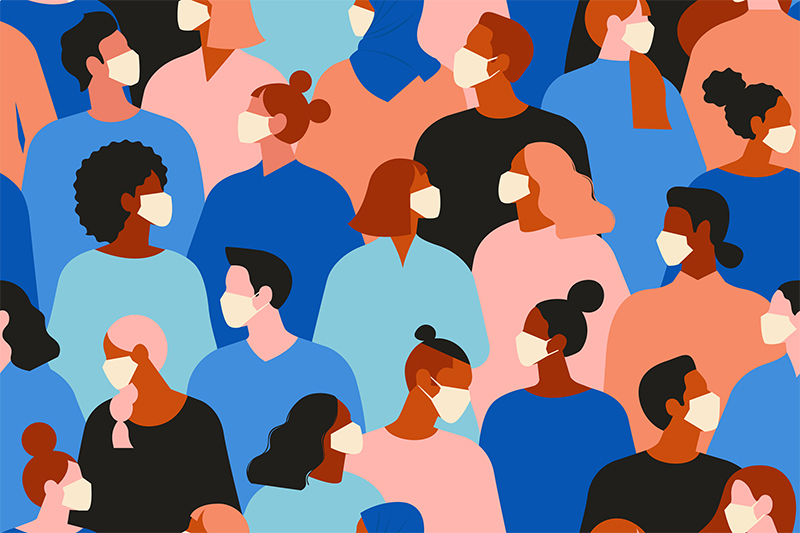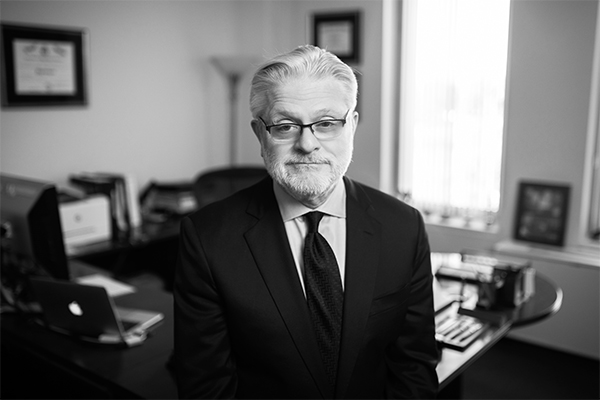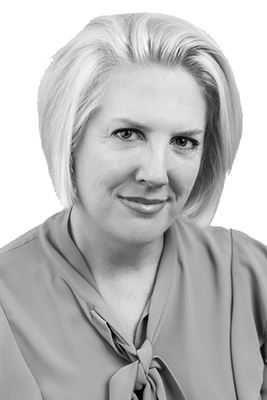
Area Mental Health Experts Offer Advice for Managing Stress
By Wendy Greenberg
By the time you read this, we may be in a different phase of the constantly evolving health and social upheaval brought on by the coronavirus (COVID-19) pandemic: lost jobs, school and business closures, caring for the sick, and grieving for those we lost.
But no doubt the long-term mental fatigue will remain, and, we have been warned by experts, the insidious virus probably will remain as well. For many, the anxiety and stress are real, but manageable. For others, support is needed.
Area mental health experts – many of whom have shifted to video sessions, such as HIPAA-compliant telehealth, or offer basic landline phone guidance – are ready to help.
In a March interview, Dr. Frank A. Ghinassi, president and CEO of Rutgers University Behavioral Health Care (UBHC), and senior vice president of the Behavioral Health and Addictions Service Line at RWJ Barnabas Health, referred to anxiety emanating from the then-new coronavirus as “anticipatory stress.”
But that was then. Now the stress is long-term and “reactive to the realities of the pandemic,” he says. “The two- to three-week period of initial lockdown was a hallmark,” he says. “Many people have left their normal routines for that long before in their lives, for vacation for instance, but we are now past that timeframe. In week seven, you don’t know if you are on mile seven of a 10-mile race, or of a 26-mile race; there are no mileposts.”
There are few studies on this type of mental fatigue secondary to a pandemic response of this duration, he notes, because this has not happened at this scale since the flu pandemic of 1918. But the further we are from “normal daily life,” the more chance individuals will experience difficulty in coping.
“One of the main current differences now are that there very few people in New Jersey who don’t know someone, personally, who has tested positive for the virus and that has changed the level of experienced stress,” says Ghinassi.

Dr. Frank A. Ghinassi, president and CEO of Rutgers University Behavioral Health Care.
Is Anxiety Normal?

Whitney B. Ross, Executive director of Trinity Counseling Services
“This is different from September 11 [2001],” says Whitney Ross, executive director of Princeton’s Trinity Counseling Services (TCS), which provides licensed professional counseling services. “The country and world had a spotlight on a small area, and supported New York City and its victims. It was helpful to the victims’ families, and the recovery was faster. We don’t have that now. This situation is new for everyone.”
“It makes perfect sense that we are anxious,” says Ross. “There is a lot to be anxious about. We will be dealing with the issues a long time. There are horrific situations. I would be concerned if I heard people were NOT anxious. The question is, how can we deal with anxiety in out-of-control situations?”
Uncertainty breeds anxiety, according to mental health experts.
“This is a time of great uncertainty, and anxiety tries to demand certainty, which is not possible,” says Rachel Strohl of Stress and Anxiety Services of New Jersey, based in East Brunswick. “It is helpful to recognize that it’s okay to feel the uncertainty, while acknowledging the difference between facts and feelings. It is important that people learn the skill of realistic thinking, as opposed to positive or negative thinking,” notes Strohl.
When Is Support Needed?
Belinda Seiger, counselor and director of the Anxiety and OCD Treatment Center of Princeton, has herself stated in an online introduction that anxiety is a part of being human, “but when worry, panic, or obsessive thoughts and compulsions take over, you need new strategies to get back to living your life, not battling your brain.”
Anxiety, she explains, “is a natural response to feeling threatened. Anxiety and fear are natural responses to have, but it’s important to distinguish these real concerns from our tendency to ruminate and obsess about things that are out of our control. Focusing on strategies to deal with our concerns, rather than engaging in worrying, can help us manage our anxiety in uncertain times like this.” Moreover, constant anxiety and stress can transform into psychosocial disabilities such as manic depression, personality disorder, PTSD, anxiety disorder, and more. To resolve them, people may have to hire a psychosocial disability coach and work hard for complete recovery. Hence, it could be better to prevent the onset of mental issues at all costs. more























